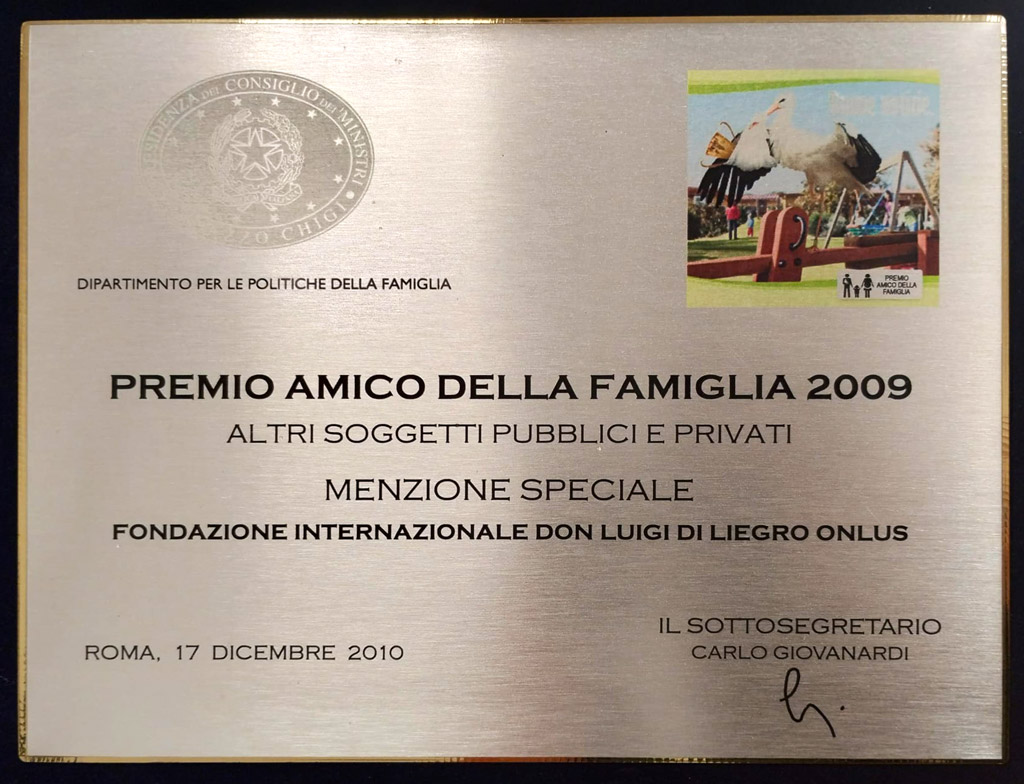In order to prevent isolation and social marginalization, the project proposes the activation of a listening and assistance service in the area, which provides information on mental health services, orients users and supports them in defining a personalized project with territorial services.
To raise awareness among citizens about mental health, the project organizes training courses, information and annual conferences on topics such as Recovery and addictions. The training objectives include the creation of a group of volunteers to facilitate the social inclusion and therapeutic path of people with mental distress through socialization workshops, such as theatre, music, photography and art therapy.
In order to combat the loneliness of family members of people with mental health problems, the project promotes self-help groups with weekly meetings and monthly supervision by professionals, such as psychiatrists and psychologists, to provide supportive support and share experiences.
The project is conceived following a Recovery approach, which aims to give users an active role again, transforming them from passive recipients to protagonists involved in their own choices and committed to fully developing their potential.

The effects of Covid on children and young people, between social distancing, loss of routine, anxiety and uncertainty linked to the disease, up to the fear of parents and the difficulties generated by distance learning have made it necessary to intervene on the emotional and social sphere of students, especially on those in middle school classes, who started secondary school shortly before the start of the pandemic.
The project is based on the approach ofpeer education, an effective strategy for preventing and promoting mental health. By involving students, teachers and psychologists, the goal is improve the psychophysical and relational well-being of children, enhancing self-esteem, confidence and sense of security. Peer education, which involves the horizontal transmission of knowledge within a group, then promotes exchange between classmates, offering support between peers.
Each class develops a path during 10 group meetings lasting 2 hours each, scheduled 2 weeks apart.
The focus is on development of emotional and social skills such as the knowledge and regulation of emotions, the ability to take on the other's point of view, empathy, self-efficacy, assertive communication, which are the basis of functional and inclusive inter-personal relationships.
The practical approach, with activities such as role-playing, focus-groups and the use of mindfulness techniques, is integrated with cognitive reflection to promote group cohesion and psychosocial well-being.
Thanks to the positive relational climate built, the children deal with issues such as body acceptance, sexual orientation, sharing some complex life experiences, difficult communication with the adult world and perceived judgement, self-esteem and valorisation. of himself.
Serious mental disorders that can compromise parenting ability. In the research conducted, children frequently report experiences of neglect and abuse, feelings of fear or danger due to the psychiatric symptoms of their parents for whom they are "forced" to become caregivers.
The data and research on this condition are fragmented and too often incomplete, but they provide a dramatic picture. In 2004 (Nicholson et al.) reported that the 67% of women and the 75% of men experiencing conditions of serious mental distress (including schizophrenia, bipolar disorders, severe depression) are parents.
Furthermore, the interaction between genetics and environment in combination with high exposure to emotional stress represents a risk factor for children (both minors and adults) to develop psychiatric problems in the future.
Hence the need to raise awareness and inform civil society on the topic and to focus on concrete tools to support the children of parents with mental health problems. The project therefore worked, thanks to the collaboration of partners from different countries (Belgium, Greece, Italy and Turkey), on sharing good practices on advocacy strategies and promoting a change in policies at national and EU level. The main recipients of the information and awareness actions, in addition to mental health professionals, were family caregivers: to orient them to the support services of mental health services and to promote the exchange of experiences and mutual help.
The project "You learn to do well at school" is a journey of peer education which takes place in two high schools in Rome over the course of three years. The aim of the project is promote well-being and prevent bullying through a peer approach, where students are trained as peer counselors to support their peers.
The first phase of the project involves the entire student body and has the aim of making it cohesive and enhancing it as a resource and protection factor. Through the intervention and guidance of the psychological team, the classes worked on creating a sense of belonging, collaboration, cooperation and integration between peers. This work allowed the creation of a positive and well-being climate, to limit marginalization or isolation, phenomena which can cause, in addition to individual discomfort with consequent poor academic performance and possible school dropouts, the onset of the phenomenon of bullying.
The second phase involves the identification, within the various classes, of students motivated to become peer consultants and provides them with training to strengthen personal resources, develop self-efficacy and skills (empowerment) identified together, including and shared (life skills). This was followed by monitoring, support and supervision of the peer counselors.
The third phase aims to consolidate the work done and further develop the function of peer counselors by integrating it into an educational program based on promoting well-being at school. Peer counselors become peer educators and enter the classroom to raise awareness among their classmates about the topics they have learned.